For making semi-transparent bars with suspended exfoliants
The majority of our bases are gluten-free - if you require further information please contact us here.
We use palm and palm kernel oils, and ingredients derived from both oils. Wherever possible, we use oil and ingredients from certified sustainable sources. All products that are made using certified sustainable palm and palm ingredients have the letters SG or MB at the end of their name referring to RSPO Segregated (SG) and RSPO Mass Balance (MB). It isn’t possible to source everything we use from certified sustainable sources, but we are always researching and discussing with our suppliers to find new options.
Lye (also known as Sodium Hydroxide or Potassium Hydroxide) is the material that is used in making all of our soaps. Solid soaps (Crystal Melt and Pour range or Extruded soap bases) use Lye from Sodium Hydroxide, while Stephenson Liquid soaps use Lye from Potassium Hydroxide. We use Lye to saponify oils and/or fatty acids to produce soap. Once the soap is produced, all the lye is used up during the saponification reaction and so there is none left in the final product.
No, we are a speciality base supplier, we manufacture and ship soap bases and other product bases that are converted by our customers into finished products. Typically our bases make up around 80-99% of a finished product.
No, we are strictly against animal testing and our ingredients are not tested on animals.
GMP applies to companies manufacturing finished products. As a supplier of ingredients and bases, this does not apply. Stephenson holds ISO 9001 Quality Certification and supplies companies that have GMP certification.
We've been making soap here at Stephenson’s since 1856, originally for the textile industry.
Yes, all the glycerine used in our soap bases is derived from vegetable sources.
Most of our product are vegan friendly. Only small amount of our products contain animal-derived milk and honey. These include Crystal Goat’s Milk, Crystal Donkey Milk and Crystal Honey.
The main difference between fragrance oils and essential oils is that fragrance oils are manufactured in a lab and essential oils are made of natural materials. Due to their natural properties, essential oils can have an impact on the stability of your product and cause hazing.
We have appointed distributors worldwide to support and manage our supply chain, see our 'where to buy' page to find out where you can purchase our products.












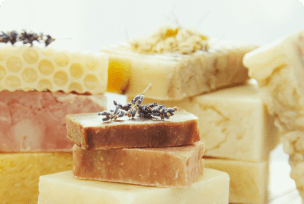
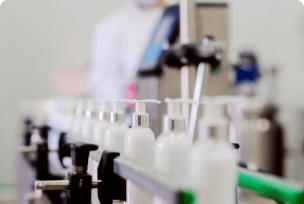
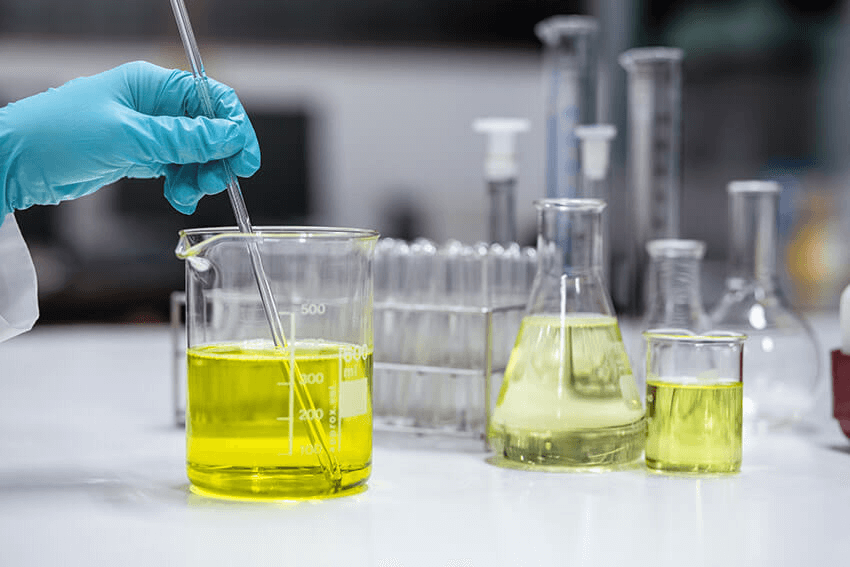
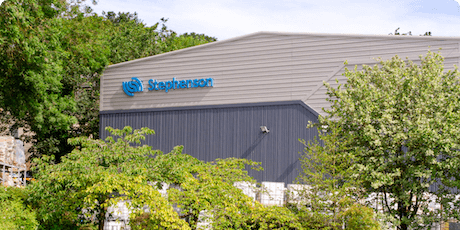

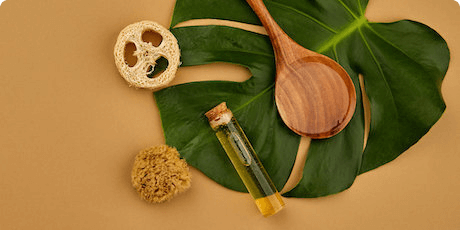






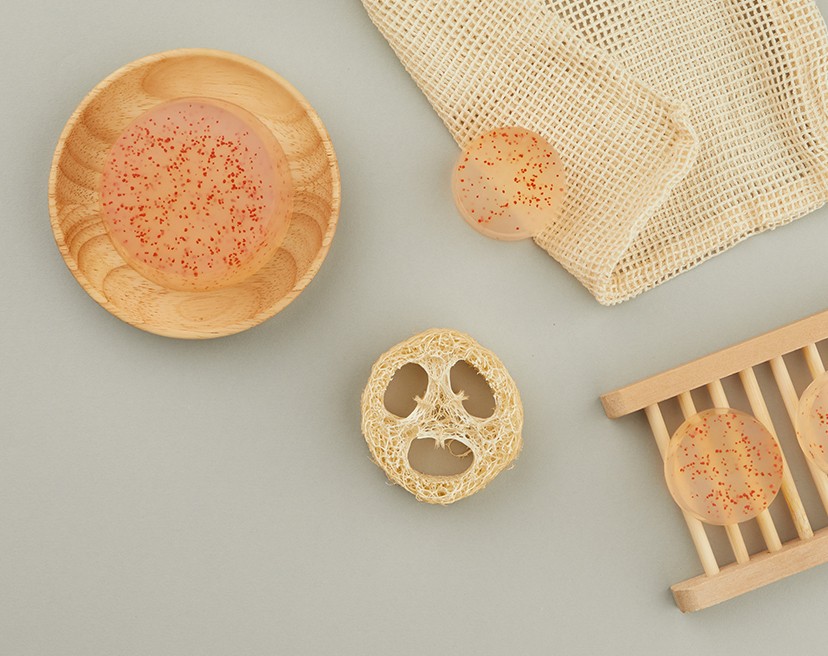



 07/11/2024
07/11/2024

